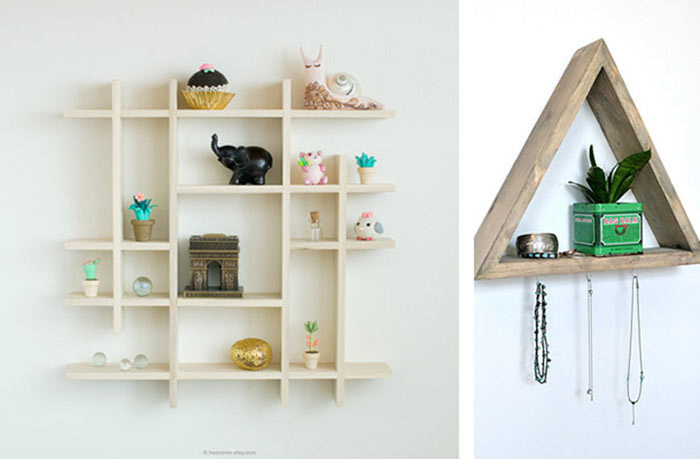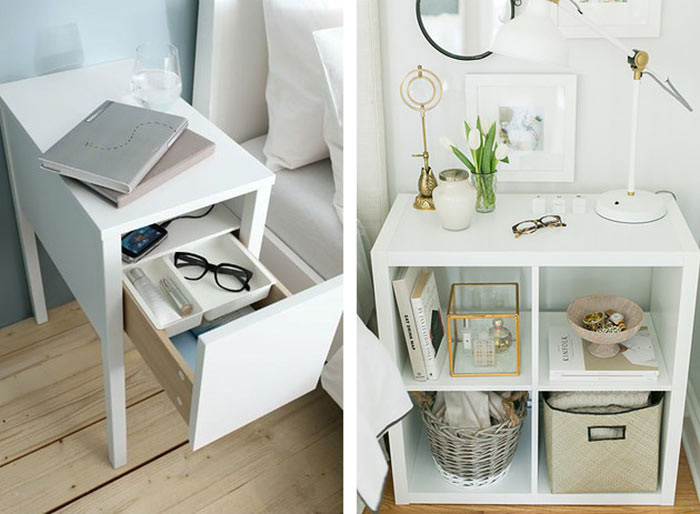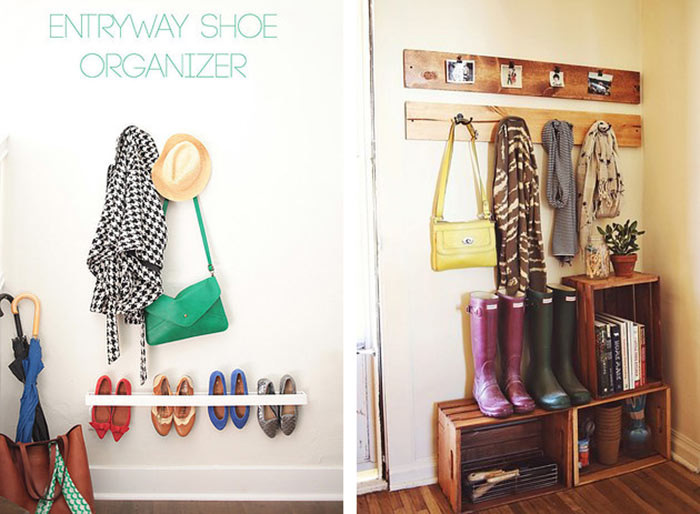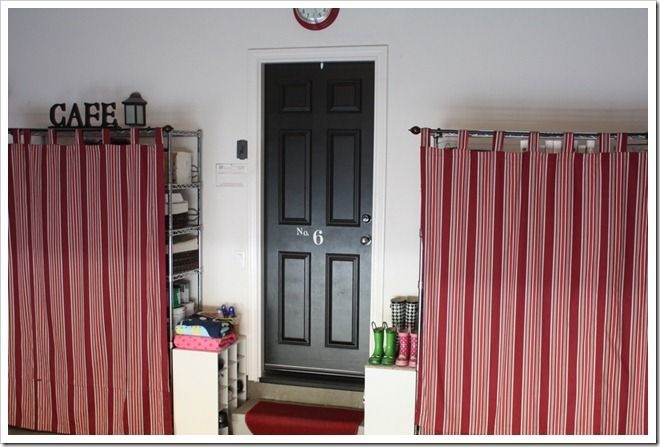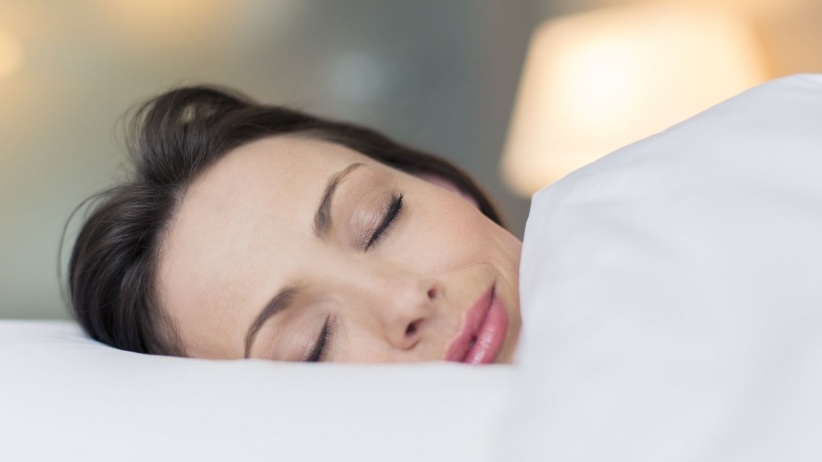From: mindbodyadvice.com
| How To Make Your Home Feel More Relaxing: DIY IdeasBy Belinda - August 16, 2016 With our lives constantly becoming busier and busier it would be nice to come home to a relaxing sanctuary. A home that is chaotic or over cluttered can be difficult to relax in, so follow our DIY ideas to make your home feel more relaxing. Have Succulents in Your HouseSucculents are a low maintenance plant so even if you are not a green thumb this is a great option and more easily sustainable than house plants. Succulents not only look tranquil but purify the air. Chose Soothing Colors For Your HomeDid you know that cool colors or warm earth tones provide a soothing effect? Try painting your house or feature walls in soothing colors. Or Go WhiteNot wanting to paint your house with color? No worries go white for a clean and minimal feeling. Natural sunlight will also increase the calming feeling in a white painted house. Use Shadowboxes to Display TrinketsReduce clutter and display trinkets in a pleasing to the eye style with shadowboxes. Keep Small Items In Nightstands or DrawersTake advantage or your nightstands or drawers to hide small items and keep tops minimal and clean. Less visual clutter leads to a calm mind. De-clutter Your EntranceYour entrance way is the first impression you give of your house. Keep you entrance way de-cluttered with shoe racks or coat hooks. Hide Clutter On ShelvesKeep clutter hidden on shelves including your garage by covering shelving with curtains. Gallery Display Art and PhotosTry displaying your photos or art in an interesting display that inspire you and your guests. This also allows you to display your photos in one single area rather than over cluttering all your walls with images. |




